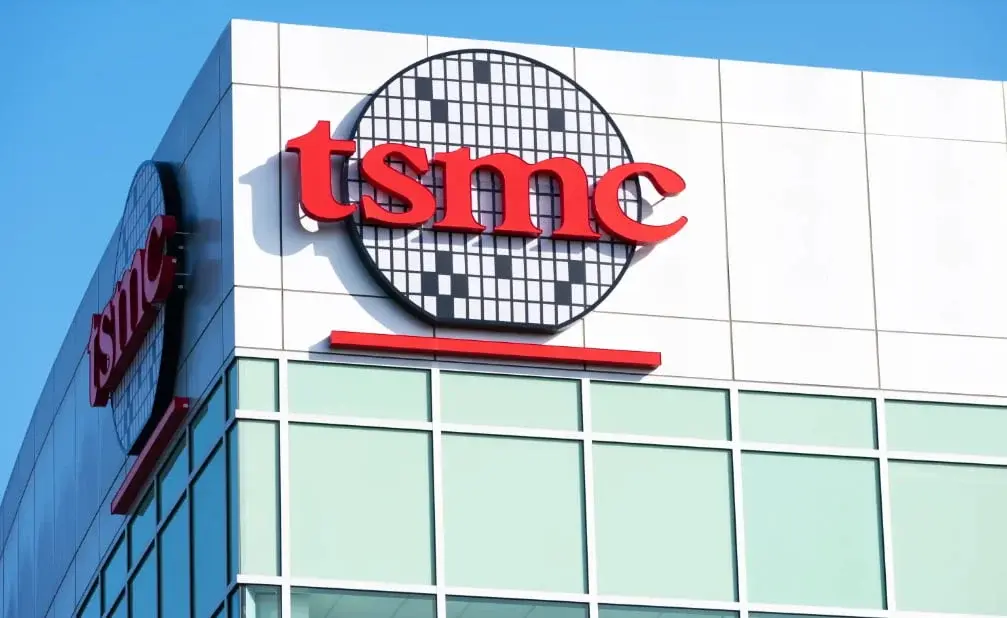A reported explosion at the Taiwan Semiconductor Manufacturing Company (TSMC) facility in Phoenix on Wednesday raised concerns. However, the company clarified that there were no injuries or damage to the facility.
The incident involved a waste disposal truck, and the driver was taken to the hospital. TSMC confirmed that no employees or construction workers were harmed. Firefighters responded swiftly, but additional details from fire officials have yet to be released.
TSMC's Role in the Industry
TSMC is a critical player in the global semiconductor market. Recently, the company received a substantial $6.6 billion grant under the CHIPS and Science Act from the Biden administration.
In an effort to enhance chip manufacturing capabilities in the United States, TSMC has been expanding its operations beyond Taiwan. These expansions include new facilities in Japan, Germany, and notably, Arizona in the USA, where the Phoenix campus is situated.
Arizona Expansion and Challenges
The Arizona project is part of TSMC’s broader strategy to bring advanced chip manufacturing to the U.S., promising to create thousands of jobs in both the manufacturing and construction sectors. However, the project has encountered hurdles, such as initial construction delays due to safety concerns from local unions and objections to the inclusion of workers from Taiwan.
Despite these issues, Arizona's importance in the semiconductor industry has been growing, with investments in the state surpassing $100 billion since the CHIPS Act was introduced.
Future Plans and Market Response
The incident at the TSMC Arizona site occurs at a crucial time, as the company recently announced an additional $25 billion investment, bringing their total commitment to $65 billion. This includes plans to add a third factory by 2030, demonstrating TSMC's dedication to U.S.-based production.
Technological advancements are also in the pipeline, with the second Arizona factory slated to produce the world's most advanced 2-nanometer technology, expected to commence production in 2028.
Initially, the market response to the incident was mixed, with TSMC's shares rising before paring gains upon the news. Nevertheless, the company remains positive about its expansion plans and technological progress, despite this temporary setback.


